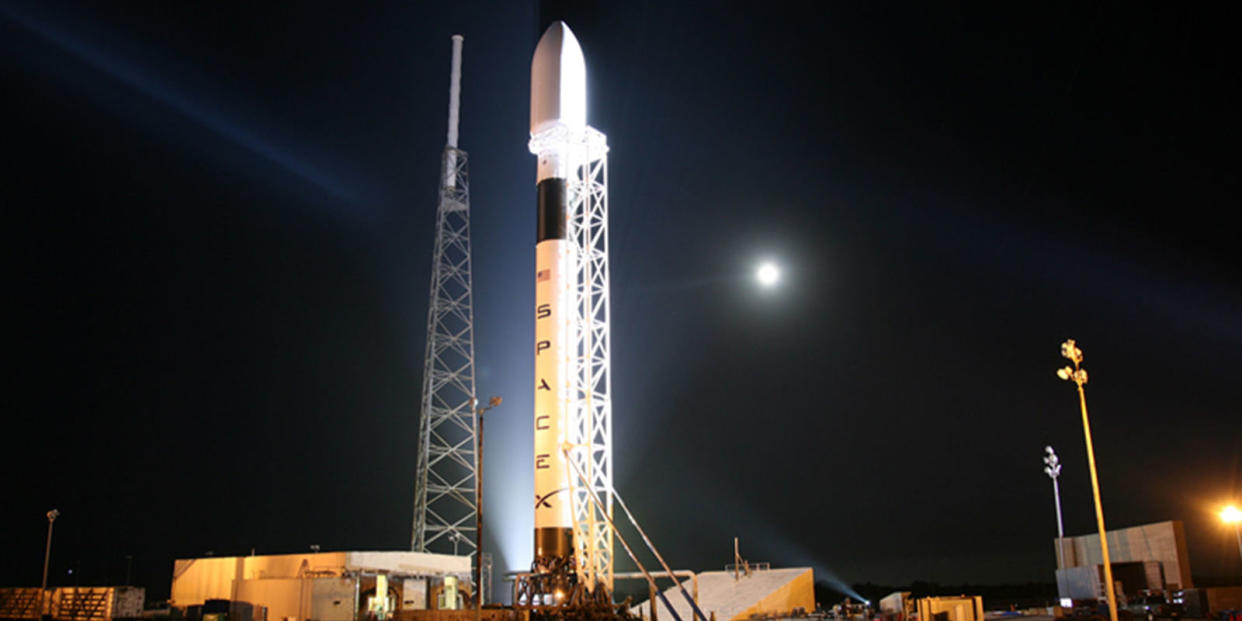The Next SpaceX Launch Will Carry Deadly Bacteria

On February 14th, SpaceX will be transporting a lethal pathogen into space for study upon the International Space Station. What sounds like the premise for a claustrophobic horror movie is actually going to be a study of what impact near-zero gravity has on gene expression and mutation patterns.
The pathogen which will be the subject of the study, sponsored by NASA and CASIS, is particularly resilient one. Methicillin-resistant staphylococcus aureus (MRSA) is a bacterium which is at the root of many hard-to-treat infections. MRSA often flourishes in environments that are crowded and confined, where poor hygiene practices spread. This includes everywhere from military barracks to prisons and even hospitals.
Once the Falcon 9 rocket gets to the ISS, the MRSA will find its way into the hands of Dr. Anita Goel, M.D., Ph.D., and CEO of Nanobiosym. In 2015, Goel won $500,000 in grant funding through the Galactic Grant Competition."We will leverage the microgravity environment on the ISS to accelerate the Precision Medicine revolution here on Earth," she said at the time. "Our ability to anticipate drug-resistant mutations with Gene-RADAR will lead to next generation antibiotics that are more precisely tailored to stop the spread of the world's most dangerous pathogens."
Goel hypothesizes that microgravity will speed up to the evolution of MRSA, granting scientists on Earth a look into the future of where the bacterium is heading, to better plan against it.
While there are tight quarters on the ISS, one expects that cleanliness will be next to Godliness on this mission.
Source: Forbes
You Might Also Like

